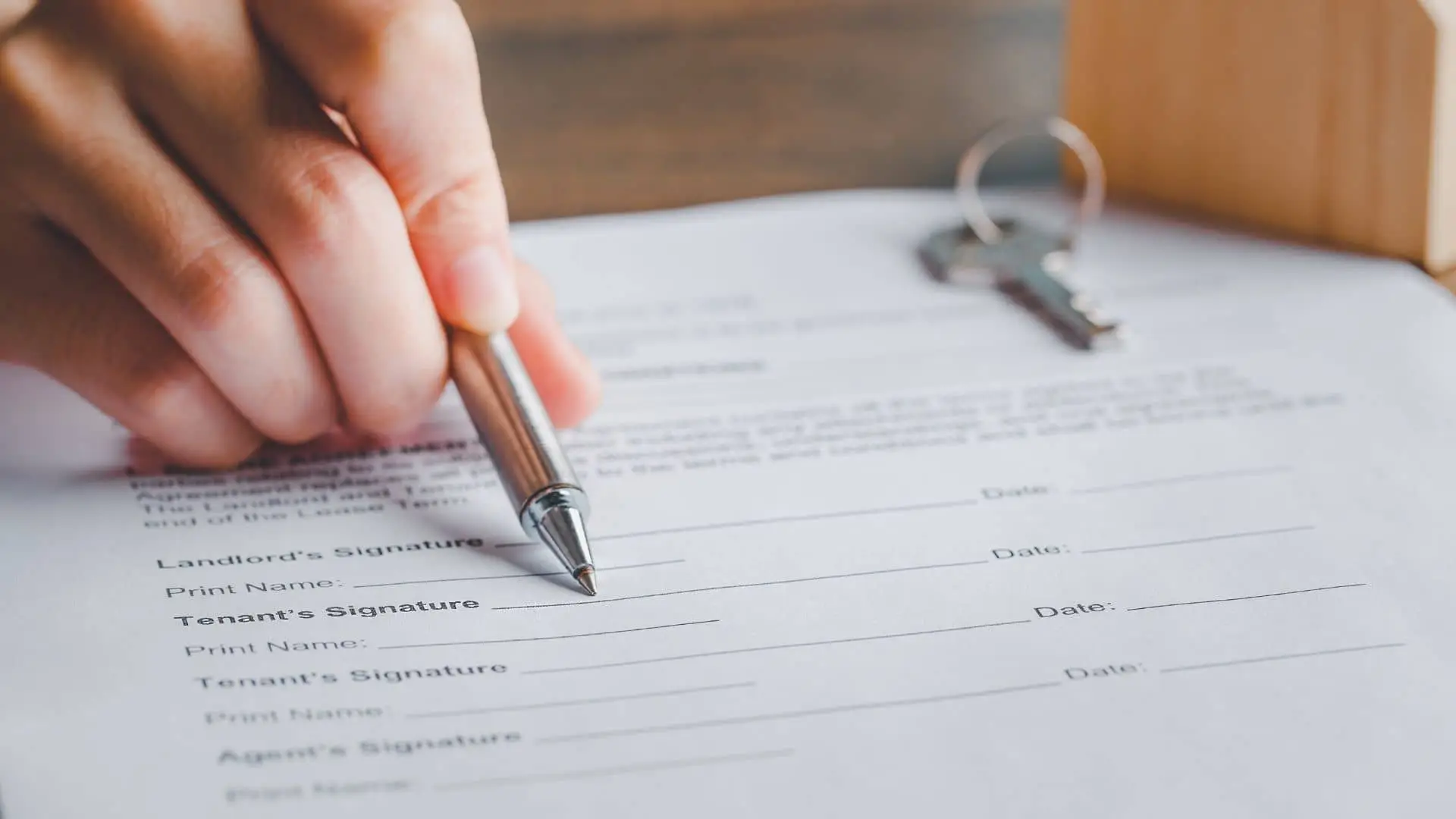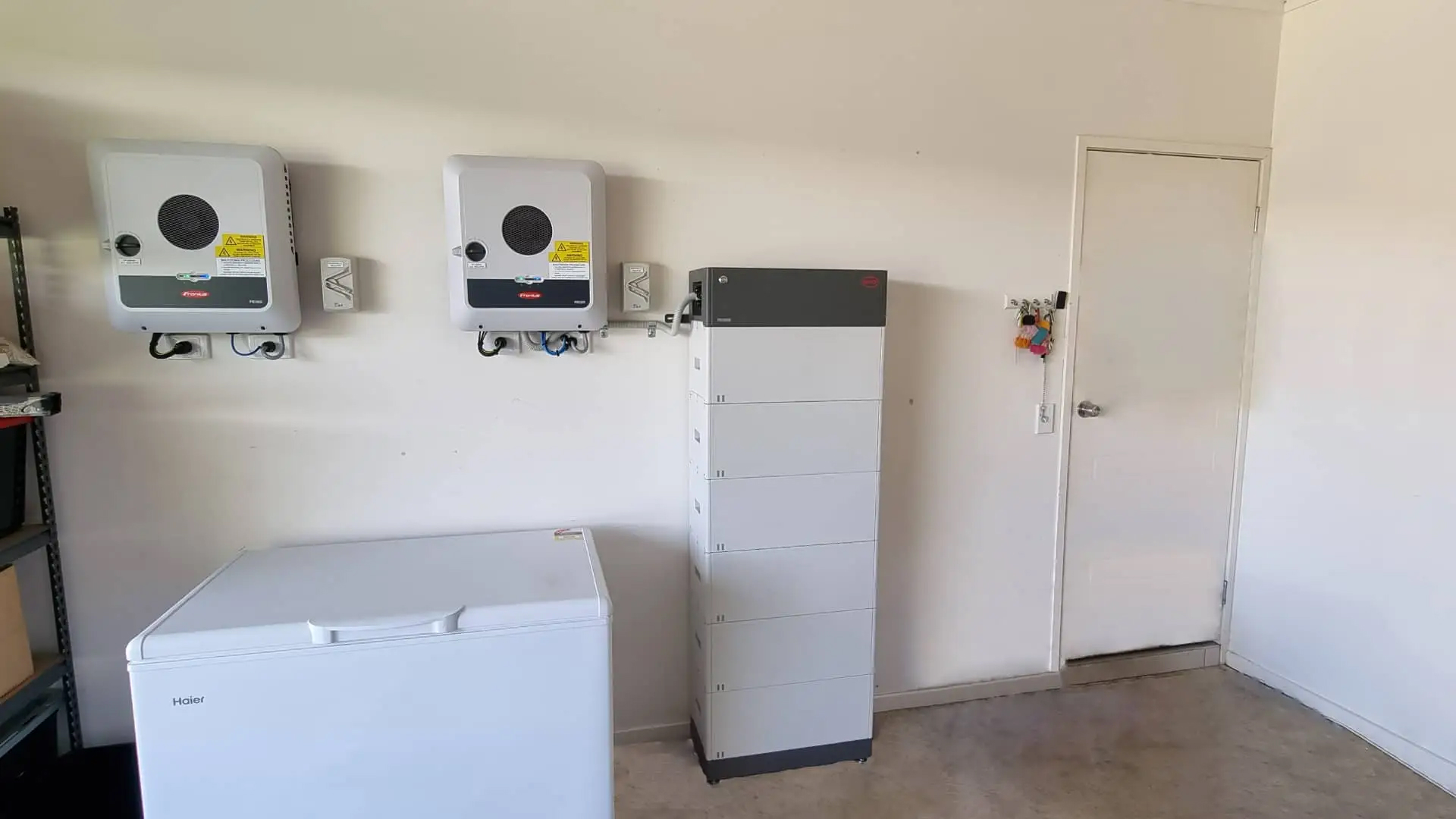As awareness about the benefits of renewable energy sources, especially solar energy, continues to rise, more and more people are considering switching to solar power.
However, not everyone owns their home, and those who live in leased properties may wonder if it is possible to install a solar system on their property. Fortunately, it is entirely possible to do so – and it can actually be a smart move financially too.
Adding solar panels to a leased property can be a win-win situation for both tenants and owners. However, it’s important for both parties to come to a mutual agreement about the installation process, the cost, and the potential benefits.
In this article, we will explore how you can add a solar system to your leased property and the benefits it has for both the tenant and owner.
Check the Terms of Your Lease Agreement
First and foremost, always check the terms of your lease agreement before planning to install any kind of solar system. Depending on the terms of your agreement, your landlord or property manager may have specific requirements or restrictions concerning solar installations.
Make sure you discuss the matter with your landlord and obtain their approval before making any arrangements for installation. If there are any issues, they should be addressed before moving forward with the installation.

Understand Your Options
As a tenant, you have several solar installation options. One option is to invest in a portable, stand-alone solar panel system that can be easily transported and installed without any damage to the property. This type of solar system is perfect for tenants who move frequently or cannot afford to install a permanent solar system.
Another option is to lease the solar system or enter into a power purchase agreement (PPA) or solar lease with a third-party solar company. This allows you to enjoy the benefits of solar power without having to pay for the installation or maintenance of the system. However, these agreements will come with specific terms, so read them carefully.
Negotiate with the Owner of the Building
When it comes to the cost of adding solar to a leased property, it’s important for both the tenant and the owner to come to a mutual agreement.
To reach a mutual agreement, the tenant and owner should negotiate the terms of the solar panel installation, including the cost, the payment plan, and how the benefits will be shared. It’s important to put these details in writing to avoid any confusion or misunderstandings in the future.
There are several agreements that tenants and owners can make when adding solar to a leased property. Here are some examples:
- Tenant signs a long-term contract: One option is for the tenant to sign a long-term contract, such as a 10-year lease, in exchange for the owner paying for the installation of the solar panels. This can be a win-win situation for both parties, as the owner can benefit from tax incentives and reduced energy costs, while the tenant can benefit from lower electricity bills and a more sustainable energy source.
- Tenant pays for solar panels, owner pays for installation: Another option is for the tenant to pay for the solar panels themselves, while the owner pays for the installation. This can be a good option for tenants who are interested in using solar energy but may not have the upfront capital to pay for the installation.
- Tenant and owner split the cost: A third option is for both the tenant and the owner to split the cost of the solar panel installation. This can be a good option for tenants and owners who want to share the benefits and costs of using solar energy.
- Tenant and owner split the savings: Finally, both the tenant and the owner can split the savings from using solar energy. This can be a good option for tenants and owners who are interested in using solar energy as a way to reduce their energy costs and contribute to a more sustainable future.
Ultimately, the specific agreement that tenants and owners make will depend on their individual circumstances and goals. It’s important for both parties to have a clear understanding of the costs, benefits, and terms of the solar panel installation before moving forward.
By working together to come to a mutual agreement, tenants and owners can enjoy the benefits of solar energy and contribute to a more sustainable future.
View Proximity Motorsports Experience

Choose the Right Solar Provider
With the growing awareness of the advantages of renewable energy sources, particularly solar energy, an increasing number of individuals are exploring the possibility of switching to solar power.
There are various solar providers in the market that offer solutions for leased properties. Some of the things to consider when selecting a solar provider include:
- Expertise: Look for a provider with a track record of installing solar panels on leased properties. They should have the expertise to navigate the leasing process and work with property owners to ensure a smooth installation.
- Customization: Consider a provider that can customize the solar system to meet your specific energy needs. This can help ensure that you’re getting the most out of your solar investment.
- Maintenance: Solar panels require regular maintenance to ensure optimal performance. Look for a provider that offers maintenance and repair services to keep your system running smoothly.
- Financing: Some solar providers offer financing options that can make it easier to install solar panels on a leased property. This can include lease-to-own or power purchase agreements that allow you to pay for the system over time.
Ultimately, the solar provider you choose will depend on your individual needs and preferences. It’s important to do your research and choose a provider that can help you get the most out of your solar investment.
Plan for Proper Maintenance
After installing your solar system, proper maintenance is important to ensure maximum efficiency and longevity. Ask the solar company to provide a breakdown of the system’s maintenance requirements and ensure you schedule regular cleaning and check-ups.
If you are leasing the system, check with the company to know what is covered under the agreement and who will be responsible for maintenance and repair costs.
Work with SnapSolar
At SnapSolar, we can help you install a solar system to a leased property with no hassle. We can also help you explore other options to save money on your solar installation costs, and to manage these costs by accessing government rebates and incentives.
We’ve provided this for countless households and businesses in Mackay and the surrounding Queensland area.
Get in touch to find out how we can help you.

get a free
quote
Complete the form and our team will
contact you to arrange a site visit or
give us a call on 1300 076 279
Related Articles.

Unveiling the Top Solar Panel Brands: A Comprehensive Guide

Jackson Wyer

Are Solar Batteries Worth it?

Jackson Wyer

All About Switching to Solar During an Energy Crisis

Jackson Wyer
